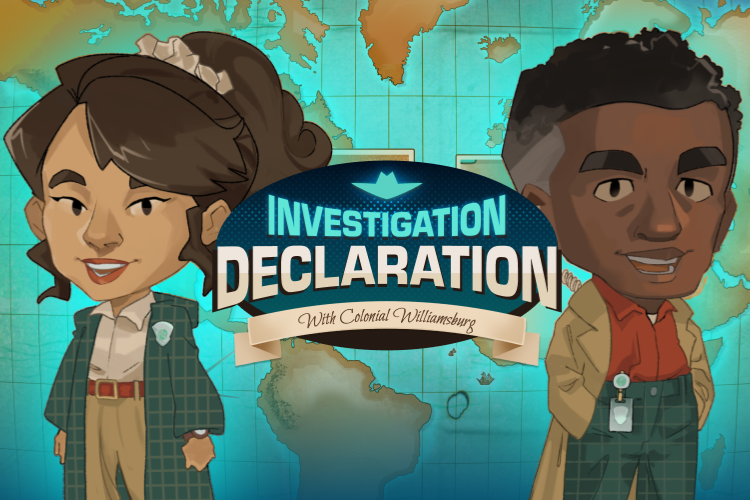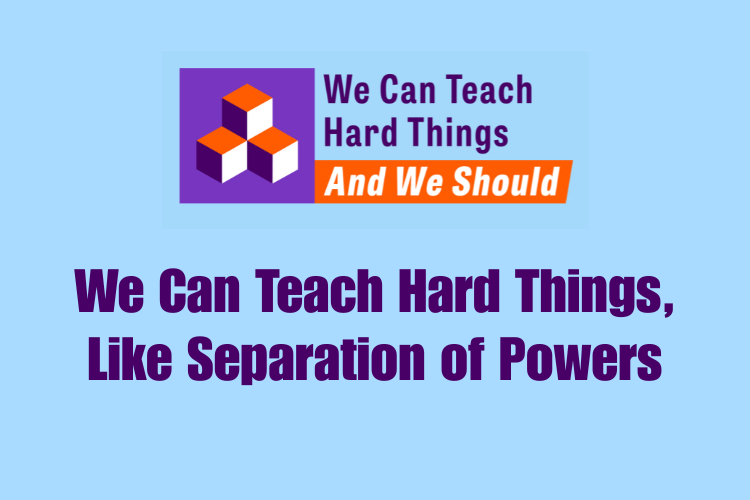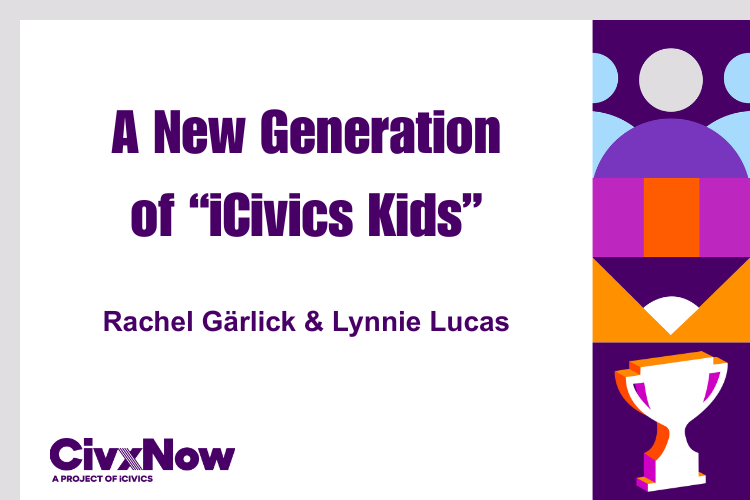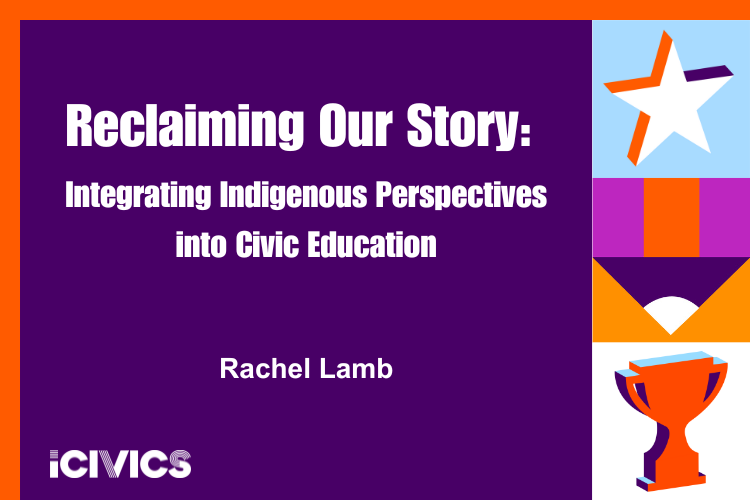You know that feeling when you find a resource that just clicks with your students? The one that makes complex historical concepts not just understandable, but genuinely exciting? Well, we’ve got the mission for you! Challenge your class to save the Bureau of Ideas from a global crime ring called Baddies Against Rights & Freedom (B.A.R.F.) with our game, Investigation Declaration!
We’re moving beyond the norms of classic iCivics gameplay to meet the moment in both gaming and civics instruction. Forget the hand-holding; this game is designed for discovery, inquiry, and meaning-making, just like how kids play games outside of school. Think Carmen Sandiego meets Case of the Golden Idol, wrapped up in Enlightenment thought.
A Game-Changer in Your Classroom:
This isn’t just another click-through. This interactive is crafted to tackle some of the trickiest concepts in social studies, especially when it comes to the Enlightenment and its long-lasting impact. Here’s how it hits those key learning objectives:
- Uncover the “Why”: Students won’t just memorize dates; they’ll actively draw ideological cause-and-effect connections between historical events. They’ll see how one idea led to another and how these powerful concepts sparked revolutions and reforms worldwide.
- Track the DNA of Ideas: Imagine your students as history’s detectives, tracking a set of Enlightenment ideas like natural rights, state sovereignty, and the Social Contract as they spread across the Atlantic World between 1750 and 1850. They’ll be restoring corrupted files at the Bureau of Ideas, which is basically decoding history!
- Time and Space Matter: The game beautifully illustrates the roles of time and geography in the spread of ideas. Students will visually and experientially understand that these world-changing events didn’t happen all at once or in one isolated place. This helps build a much richer, more interconnected understanding of history.
- Beyond the Books: How did ideas actually travel? This game lets students describe methods by which ideas were transmitted – through trade, written communications, migration, and print. It’s a fantastic way to visualize intellectual exchange!
- Meet the Movers and Shakers: Get ready for students to become familiar with the ideas, people, locations, and events that influenced declarations of rights and freedoms during this pivotal century. They’ll be solving puzzles that reveal these crucial historical connections.
What Makes This Different (and So Good!):
What truly sets this game apart is its commitment to fostering genuine inquiry as they engage with global history. It expands beyond the U.S. Declaration to show its ripple effect, letting kids see that this isn’t happening all at one time and all in one place, truly setting up some great thinking and connection-making.
It’s designed to meet kids where they are, embracing student discovery through gaming. Students are going to figure this out before you do, and that’s okay! It’s about empowering them to be discoverers. Your students can play through one “path” or several, restoring parts or all of the corrupted files.
So, get ready to unleash your Secret Agents! This game isn’t just a fun diversion; it’s a powerful tool for cultivating critical thinking, global awareness, and a deep appreciation for the interconnectedness of our history.
Happy B.A.R.F. busting!
Written by Carrie Ray-Hill and Amanda Setters
Carrie Ray-Hill has spent the last 15 years bringing playful learning to classrooms. She’s credited on more than 20 games and interactives, serving as lead content producer for iCivics. Carrie collaborates with both institutional partners (Council on Foreign Relations, Colonial Williamsburg) and government entities (Department of Defense, National Endowment for the Humanities) to create award-winning projects for classrooms across the United States. Before joining iCivics in 2010, Carrie taught humanities courses across grades 4-12 in St. Louis and Washington, DC. In addition to seeking out the finest of cheeses, Carrie spends her spare time watching British panel shows and killing zombies.
Amanda Setters is a Senior Curriculum Developer at iCivics. She is responsible for creating and revising curricular materials for teachers and students. Prior to joining the iCivics team, Amanda taught middle and high school social studies in Cincinnati, Ohio. In addition to reading and spending time with her family, Amanda enjoys learning from her favorite historians.




